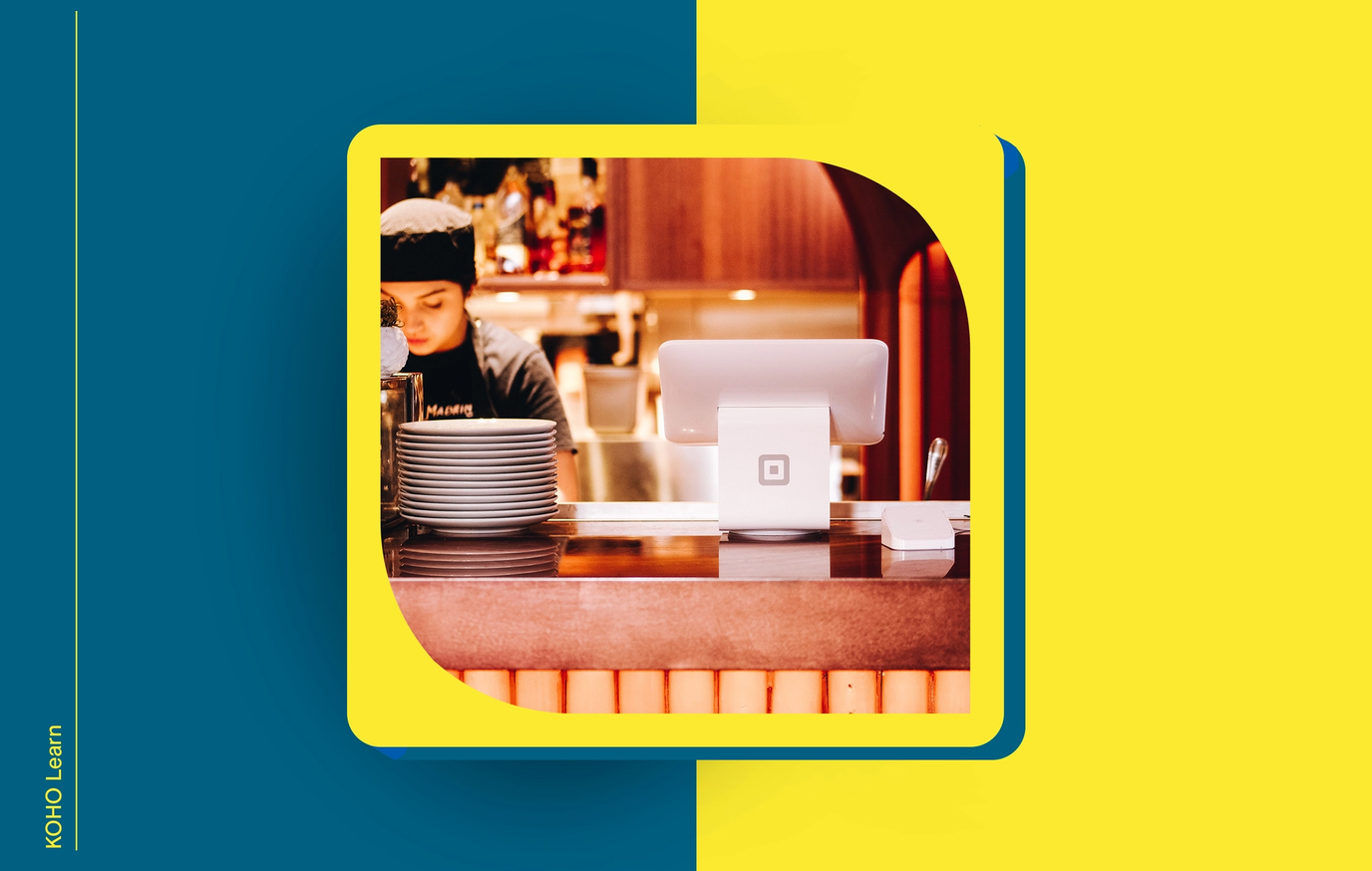
Rounding it up
Earned wage access (EWA) is available to nearly all employees. However, it's easier to access funds directly through a participating employer.
Sometimes, EWA may come with additional fees. Be sure you understand them and work to stay out of a cycle of withdrawals.
Developing a budget can help you think long term, using EWA only when you really need to do so.
Have you ever said to yourself, “Hey, I do all this work everyday but have to wait a week and a half or so for my paycheque? That doesn’t seem fair!” If you have, you’re like a lot of other Canadians who want to get paid for the work they’ve done quicker.
Fortunately for you and those other Canadians, now you can! Earned wage access (EWA) is a convenient payroll benefit that enables workers to get their hands on earned wages before payday. It’s not a loan; rather, this service pays out the cash that you’ve already earned from your upcoming paycheque.
Earned wage access—what is it anyway?
Earned wage access, on-demand pay, daily pay—whatever you call it—is a way for you to access the wages you’ve already earned before your scheduled paycheque. And it’s all made possible thanks to digitaized payroll systems. Historically, employers wouldn’t be able to cut cheques for their employees everyday; it just wouldn’t have been practical. Today, you can access those funds with the push of a button.
Here’s how it works. Let’s say you’ve worked 20 hours from the 1st to the 10th, but don’t get paid until the 15th of the month. You would simply log in to an EWA service, cash out the amount you’d like (in some cases for a small fee), and go about your day spending those funds how you see fit. The money would be automatically deducted from your next paycheque before it’s deposited into your account.
That sounds great, but how do I qualify?
Most Canadians who use EWA services do so through their employer. This is because the employer is able to verify the hours worked as they’re completed. Even if your employer doesn’t offer EWA, you may be able to take advantage of alternative services. You may not, however, be able to cash out as much or as soon as you would with EWA.
Going a bit beyond who qualifies, however, is who could benefit from EWA. An example here for clarity: let’s say you get your paycheck on the 15th of the month. You always keep ahead on your bills, but this month, you had to pay to repair your car on the 2nd and you need to grab groceries on the 4th of the month. This could be a real problem if you can’t access your funds until payday. With instant wage pay, however, you can access your funds early. You’ve already worked 15 hours, so you withdraw that pay and cover your groceries. When your paycheck is deposited, the amount you borrowed, plus often a small fee, will be deducted.
What do I need to consider before using earned wage access?
Many workers who are paid hourly can qualify for EWA and more employers than ever are offering it as a benefit to their employees.
However, it’s important to consider a few things before using the service.
First, be absolutely certain you understand the fees associated with the earned wage access method you’re using.
Second, ensure that you have enough cushion to stay out of a cycle that could lead to taking out debt. Let’s say you withdraw $100 from your paycheque. That withdrawal will make your paycheque $100 less when it is deposited on payday. This seems straightforward, but if that reduction puts you in a tough spot to pay bills down the road, things could start to get a little sticky.
Finally, make sure you plan purchases appropriately. EWA can be used for anything; after all, it is your money. However, it may not be the best decision to withdraw from your paycheque early to buy the newest video game.
The most important thing? Budget.
EWA can be a great tool to access the funds you need to help push your financial success forward. What really helps that process, however, is having a well-functioning budget. Understanding where your money comes from and more importantly, where your money goes each month, can make your life much easier. You can use a budget template to help you plan out your monthly expenses. Take stock of bills you need to pay and when. Set aside some “fun money” for yourself, but stick to it. When you make a forward-looking plan and take advantage of the financial literacy resources available to all Canadians, financial success will follow.

About the author
Dan is a runner and writer living in the Washington, D.C. area, where he currently works for a financial services trade association as the Communications Director.
Read more about this author